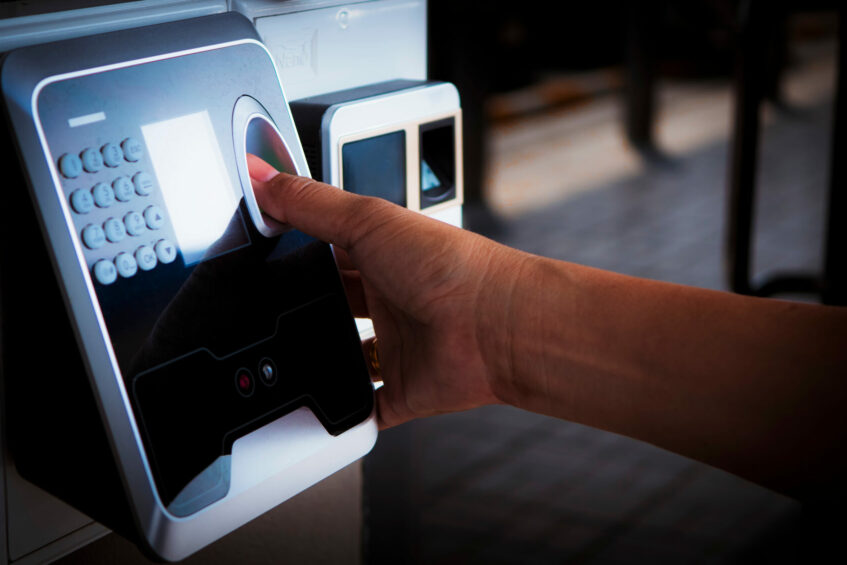
Biometric system. (Photo: shutterstock).
The Minister of Public Service and Human Resource Development said the government should commit to implementing the biometric payroll system for the World Bank to continuing the reform program.
On Wednesday, the Ministry of Public Service, with support from the World Bank, launched a new biometrically integrated payroll management system.
The system aims to enhance better management of data and ensure accurate payment to civil servants while also getting rid of ghost workers.
The implementation of the Human Resource Management Information system reforms, backed by the World Bank, comes with a total budget of 34 million US dollars over the next five years.
Out of this, the World Bank will provide 10 million US dollars for technical support.
According to Minister Dak Duop Bichiok, the World Bank has agreed to cover half of the equipment costs if the government demonstrates seriousness in implementing the system.
Minister Duop emphasized that if the government shows commitment to the conditions set by the World Bank, they are likely to receive substantial support.
“Our brothers in the World Bank paid half of the money for the equipment and we will pay half of the funds. So, if they see we are serious they will help, and if we are not serious, then there will be no need for them to waste their money,” he said.
“If we are for this country, we must implement this biometrics program so that our people will get their allowances from the World Bank, the same way they are supporting Somalia and other countries.”
“Our mission is to clean the payroll, because if we clean the payroll our people will receive their allowances from the World Bank to top up their salaries or allowances, so they will be relieved from the current situation.”
According to the World Bank, the biometric payment system in South Sudan is critical for Public Financial Management reforms enshrined in the 2018 revitalized peace deal.
The Bank said lack of the identification system has brought a number of challenges in the civil service sector, including lack of accurate number of public servants and absence of instrument to control so-called ghost and duplicate positions.
Other setbacks are the lack of control allowances and disconnection between the public service and the finance ministries, which negatively impact timely salary payment.
The main objectives of the biometric system are to identify real civil servants, provide inventory for pay grading and positions.
It will also be used to speed up payment processes and make strategic decisions, as well as effect transparency and accountability.
Support Eye Radio, the first independent radio broadcaster of news, information & entertainment in South Sudan.
Make a monthly or a one off contribution.
Copyright 2024. All rights reserved. Eye Radio is a product of Eye Media Limited.